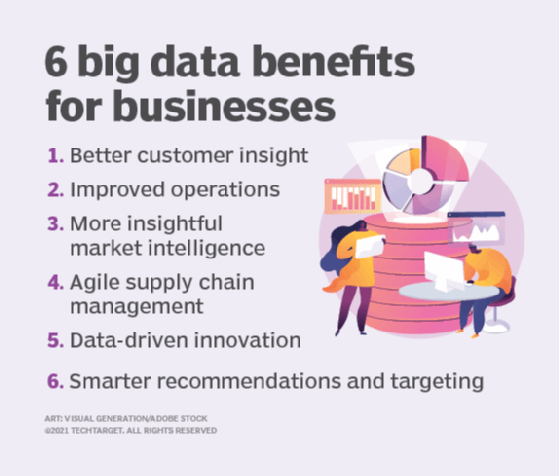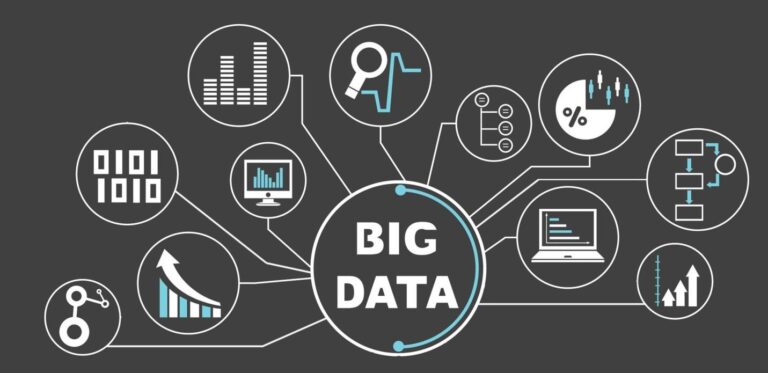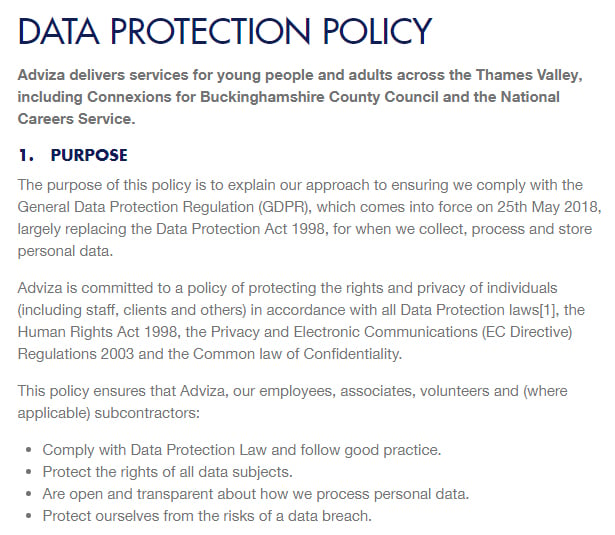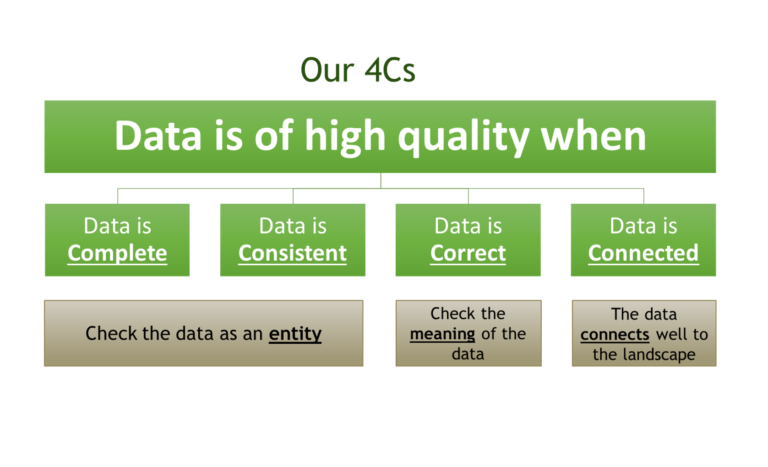Why Is Big Data Used?
Big data is the large and complex datasets that are generated by businesses and organizations. These datasets can be used to gain valuable insights into customer behavior, market trends, and many other key areas of business. Big data is essential to businesses because it helps them make better decisions and optimize operations. It also allows businesses to uncover hidden patterns and correlations that would otherwise remain unseen. The use of big data is becoming increasingly important as businesses strive to stay ahead of the competition and gain a competitive edge. By understanding how customers behave and what trends are occurring in the market, businesses are able to make better decisions and create more effective strategies.
Definition of Big Data
Big Data is a term used to describe the massive volume of structured and unstructured data that is generated from various sources, both internal and external. It can be used to gain insights into consumer behavior, trends, and customer preferences. With Big Data, companies can quickly analyze large amounts of data to identify trends and patterns that can be used to make better, more informed decisions. Big Data can also be used to improve customer service, streamline operations, detect fraud, and more. With the help of Big Data, companies can gain valuable insights into their customers and operations, and use those insights to make better decisions.
Benefits of Using Big Data
Big data is a powerful tool that can be used to make smarter decisions for businesses. By harnessing the power of big data, businesses can gain valuable insights into customer behavior, market trends, and competitive advantages. By leveraging this data, businesses can make better decisions that can lead to increased profits, improved customer satisfaction, and more efficient operations. Additionally, the use of big data can help businesses identify new opportunities, identify areas for improvement, and better understand their customer base. Big data can also help to reduce costs, increase efficiency, and streamline processes. With the right tools, big data can be used to create more customized and personalized customer experiences. This can lead to increased customer loyalty and improved customer retention rates. Ultimately, big data can help businesses to stay ahead of the competition and maximize their profits.
Challenges of Using Big Data
Big data has revolutionized the way businesses and organizations operate. In the last decade, data-driven decision-making has become the norm for many industries. However, using big data does come with certain challenges. Enterprises must have the right infrastructure and technology to store and analyze large amounts of data. In addition, they need to create processes and strategies to ensure data security and privacy. Furthermore, businesses need to ensure they have the right personnel to handle big data and make decisions based on it. Last but not least, organizations need to develop strategies to reduce the costs associated with using big data. All of these challenges must be addressed in order to make the most of big data and achieve the desired results.
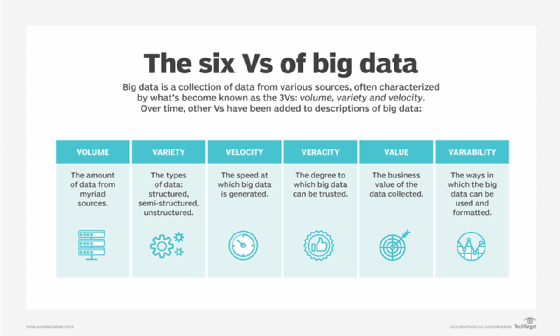
Different Types of Big Data Technology
Big data technology is the use of powerful computing systems to collect, store, process, and analyze large volumes of data. It is used to identify trends, patterns, and correlations in data sets that are too large and complex for traditional methods of analysis. Different types of big data technology enable organizations to make decisions more quickly and accurately. Some examples of big data technologies include Hadoop, NoSQL, and Spark. Hadoop is an open-source software that enables distributed storage and parallel processing of large data sets. NoSQL is a database technology that is designed to handle large amounts of data and scale rapidly. Spark is an open-source data processing engine that can be used to quickly process and analyze large volumes of data. Each of these technologies has its own unique advantages and use cases, and when used in combination, can help organizations gain valuable insights.
Best Practices for Utilizing Big Data
Big data is an invaluable tool for organizations of all sizes, offering the potential to revolutionize the way they operate and interact with their customers. However, for organizations to truly reap the benefits of big data, they must utilize best practices to ensure that their data is being used in the most effective and efficient way possible. To make the most of big data, organizations should ensure that data is collected from reliable sources, that the data is properly analyzed to get meaningful insights, and that the data is shared with stakeholders in a secure manner. Additionally, organizations should focus on using big data to inform operational and strategic decisions, as well as utilizing big data for predictive analytics to make more informed decisions. By utilizing these best practices, organizations can ensure that their big data is being used to its fullest potential to drive business growth.
Potential Use Cases for Big Data
Big data offers numerous potential use cases for businesses, government, and healthcare organizations. It can be used to gain insight into customer behavior, optimize processes, improve services, and predict outcomes. It can also be used to identify trends, track performance, and measure the effectiveness of marketing campaigns. In addition, big data can help organizations detect fraud, reduce costs, create new services and products, and develop better decision-making strategies. It can also be used to inform medical research, predict weather patterns, and enhance security. The possibilities are endless when it comes to leveraging big data to drive innovation and efficiency.
FAQs About the Why Is Big Data Used?
Q1. What is big data?
A1. Big data is a term used to describe the large amount of data that is collected and analyzed to gain insights and make better business decisions.
Q2. What are the benefits of using big data?
A2. Benefits of using big data include improved decision-making, increased efficiency, cost savings, and better customer service.
Q3. How is big data used?
A3. Big data is used for a variety of purposes such as predictive analytics, customer segmentation, and forecasting. It can also be used to detect fraud, improve marketing campaigns, and improve customer experience.
Conclusion
Big Data is a powerful tool used to unlock valuable insights from large volumes of data. It enables organizations to make better decisions, gain competitive advantages, reduce costs, and increase profits. It also allows for more efficient operations, improved customer service, and the development of new products and services. The use of Big Data has become increasingly important in the digital age, and its importance is expected to only grow as technology continues to evolve.
